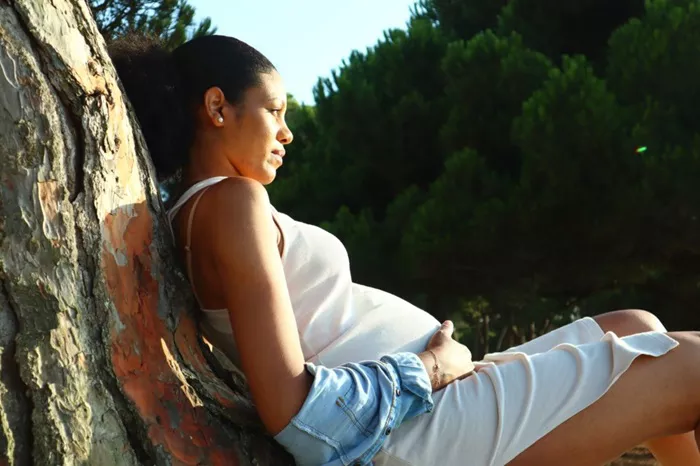As summer settles into Brooklyn, the air is filled with the sounds of barbecues, children playing, and ice cream trucks. While many look forward to the warm season, extreme heat driven by climate change presents serious risks, particularly for pregnant women.
Pregnant women are more vulnerable to the effects of extreme heat. This risk is even higher for women in low-income and minority communities, who often face systemic barriers to healthcare and resources. Navigating a hot summer day in Brooklyn, whether waiting for public transportation or walking long city blocks, can lead to heat exhaustion. For a pregnant woman, the added stress of protecting both her health and her baby can be overwhelming.
Research shows that during pregnancy, a woman’s body undergoes several changes, such as increased oxygen consumption, higher ventilation, and more stress on the heart. These physiological changes make it harder for pregnant women to cope with extreme heat, which can lead to serious complications like low birth weight, preterm births, preeclampsia, and even miscarriage. When combined with racial and economic disparities, these risks can significantly impact maternal health and increase the chances of maternal mortality.
This past summer, New York City saw record heat, with over 12 days of temperatures reaching 90 degrees and three separate heat waves. Central Brooklyn, home to many low-income and Black residents, is especially vulnerable to heat-related dangers. According to the 2024 New York City Heat-Related Mortality Report, Black New Yorkers are twice as likely to die from heat-related illnesses as their white counterparts. This is largely due to the area’s lack of trees, heat-trapping pavements, and limited access to air conditioning.
To address these issues, city planners and policymakers must prioritize Brooklyn in their climate action strategies. Beyond opening cooling centers, more must be done to provide affordable air conditioning units to residents. It is also crucial to include maternal health in climate planning.
Organizations like Healthy Babies Bright Futures have proposed steps to improve conditions for vulnerable communities. These include planting more trees, creating green spaces, and switching to electric or solar-powered fleets. Additionally, efforts to improve prenatal care, nutrition, sanitation, and community support systems can help protect maternal health.
Advocating for policies that focus on these solutions is key. By taking action now, we can protect pregnant women and ensure healthier futures for generations to come.
Related topics:


